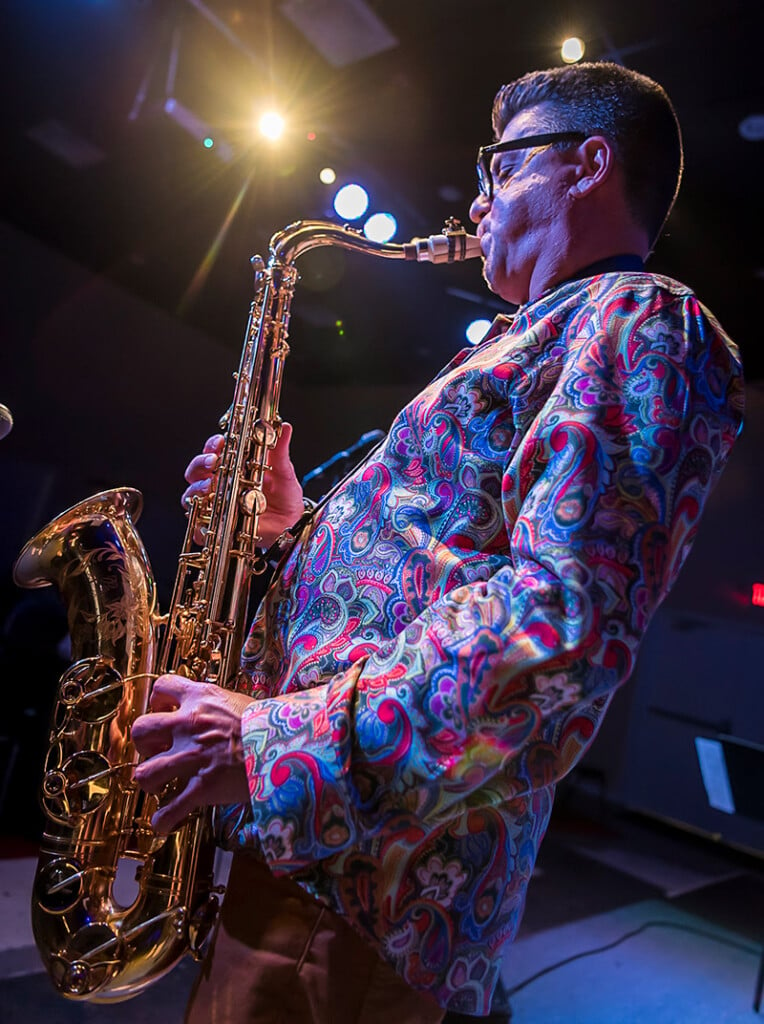A&E Season Preview 2023 – 2024: The Boys and the Banned

Author Ilya Kaminsky is set to appear at the University of Central Florida. Courtesy University Of Central Florida.
“Tennessee is obviously demented,” said Art Spiegelman, upon being informed last year that his Pulitzer Prize-winning illustrated account of his father’s traumatic memories as a Holocaust survivor had been banned from being taught to eighth-graders by a Tennessee school board.
Spiegelman will be appearing at the Dr. Phillips Center for the Performing Arts Nov. 6 as part of the Orlando Public Library’s centennial celebration. He’ll do so in conversation with Neil Gaiman, his friend and graphic-novel colleague, who has had similar issues with censorship throughout his career.
Published in two volumes in the mid-70s and early 80s, Maus, written in the format of a graphic novel, has been recognized as one of the most influential books of the 20th century, thanks to both its humanitarian depth and its pioneering role in opening up the possibility that a publishing-world mutt otherwise known as a comic book – reading too many of which was thought of as a sure sign of juvenile delinquency decades ago – can be a literary powerhouse in the right hands.
The Tennessee school board members cited the presence of curse words and an image of a naked woman as their reason for banning Maus. The image in question was actually a heart-rending, graphic-novel panel that showed Spiegleman’s father standing in a doorway in shock and grief, having just found his wife in the bathtub, lifeless. Haunted by survivor’s guilt and her own experience of the Holocaust’s incalculable horrors – among other things, while imprisoned at Auschwitz herself, she was close to a woman who planned to poison her own children rather than see them taken off to the gas chambers – she had committed suicide.
Gaiman is an internationally beloved British fantasy and horror author who also writes short graphic novels, short fiction and screenplays and has tangled with censorship on many occasions. His awards include the Hugo Award for Best Novel, the Carnagie Medal for Writing, the Locus Award for Best Fantasy Novel, and the Ray Bradberry Award.
The University of Central Florida will celebrate the works of a third internationally recognized author, Ilya Kaminsky, in a series of events sponsored by the NEA “Big Read” program.
Kaminsky’s Deaf Republic, told in the form of a narrative poem, tells the story of a young deaf boy who is shot and killed by soldiers at a protest. In response, the townspeople band together in an instinctive, communal counterattack: They challenge their oppressors by simply ignoring them, feigning deafness when spoken to. The message: When you bear witness to repression, find a way to stand against it.
arts.gov/initiatives/nea-big-read






